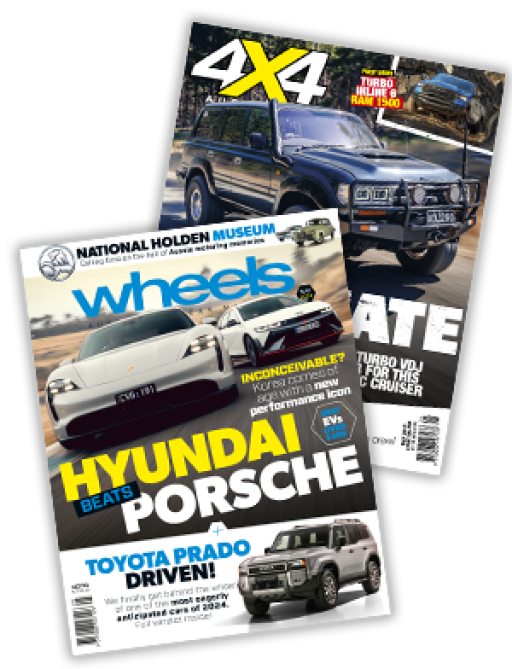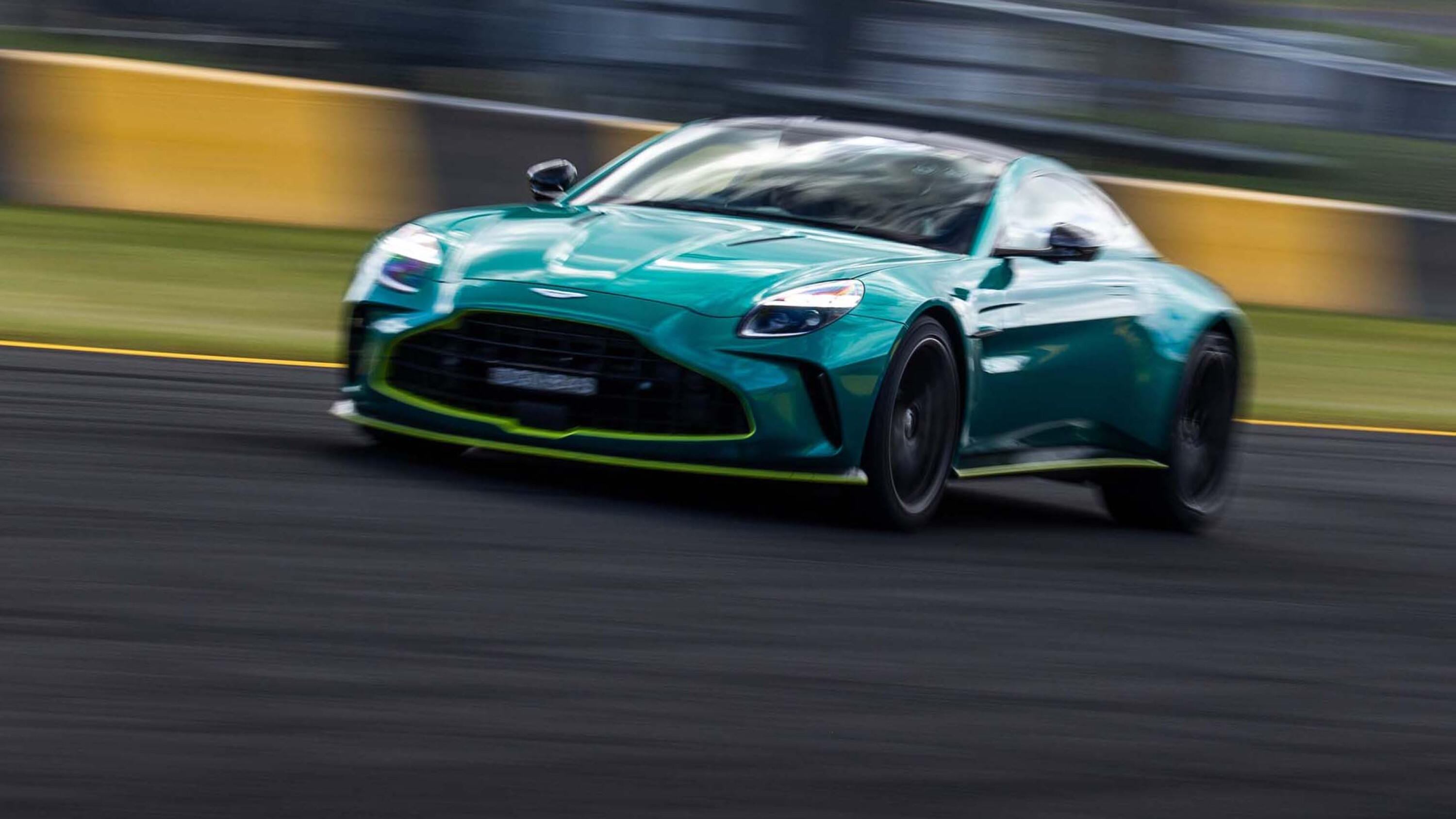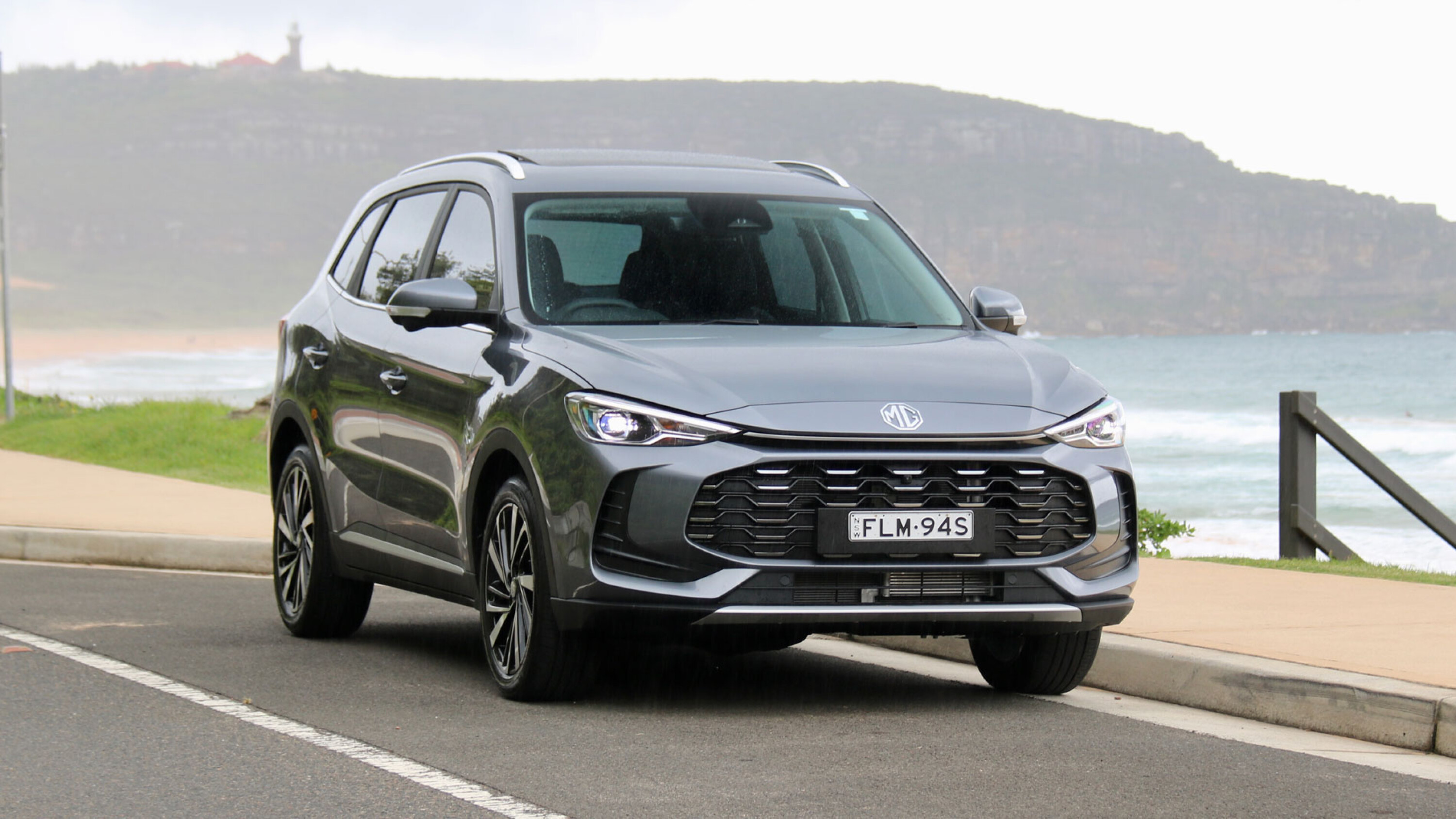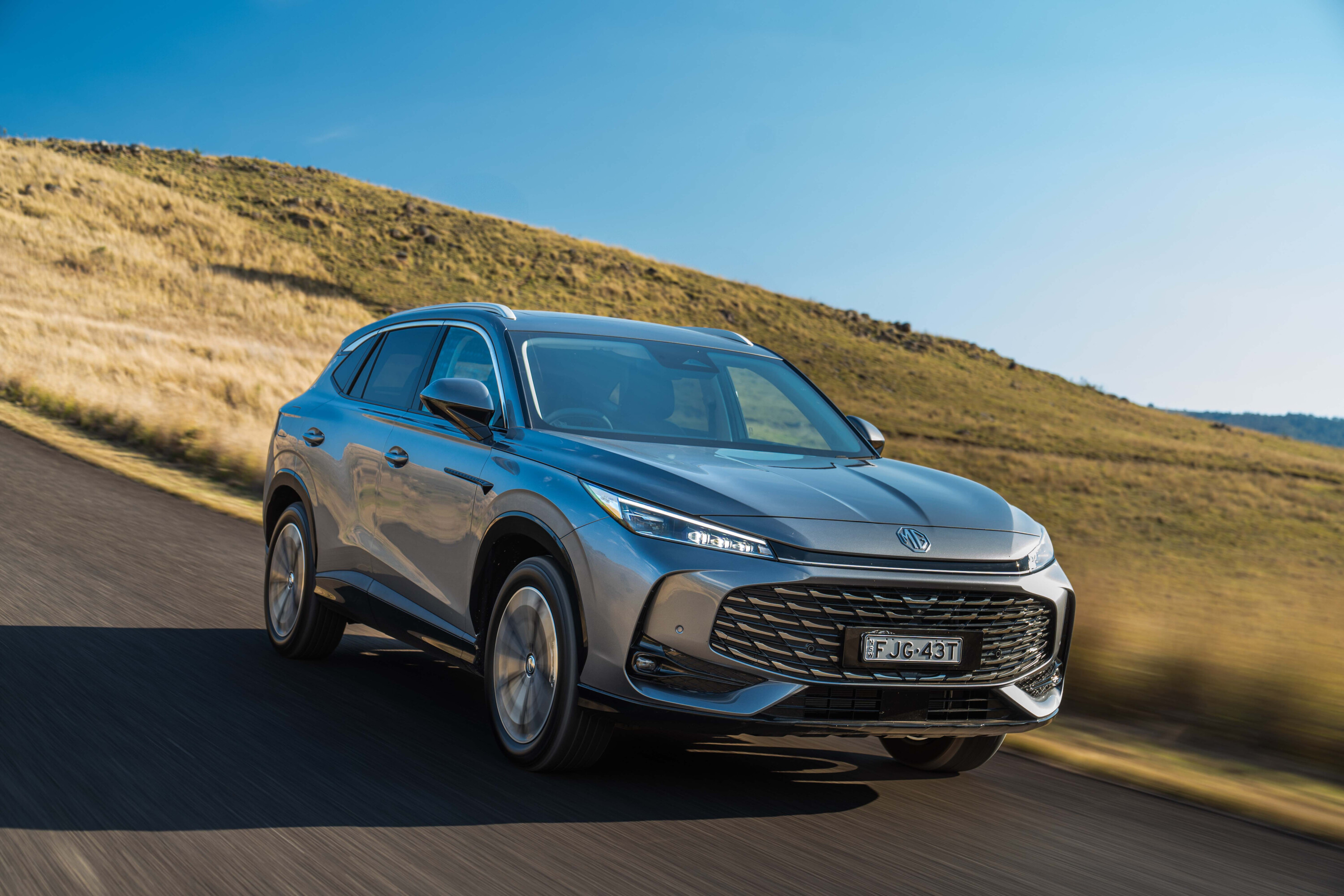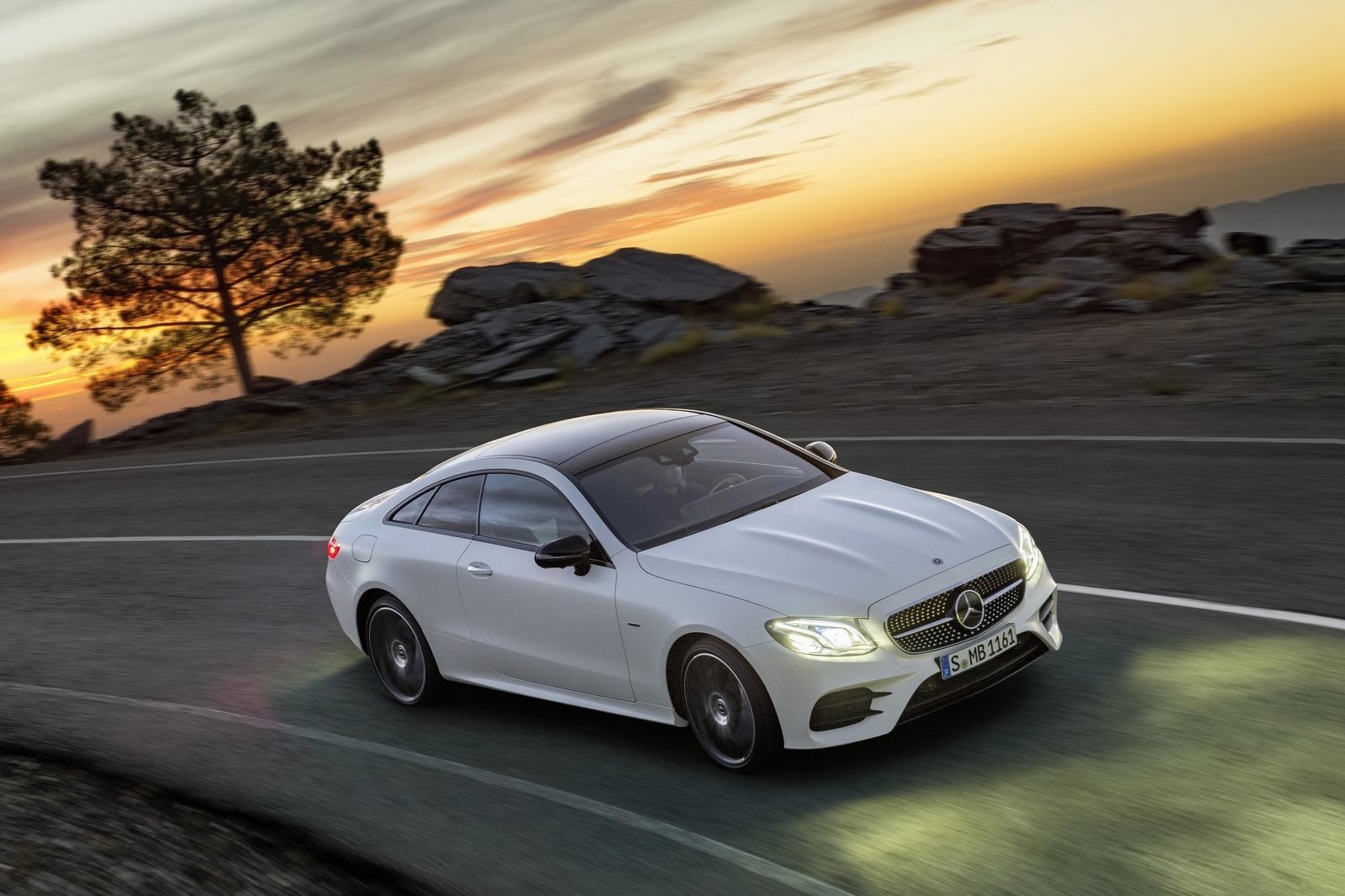
1. The previous E-Class Coupe used the underpinnings of the smaller C-Class. However, the new model picks up the larger platform of the latest E-Class sedan (with a codename of W213), which went on sale in Australia in 2016.
2. Mercedes-Benz has three four-seat coupes in its lineup. The C-Class is smaller and more affordable, whereas the S-Class is larger and (a lot) more expensive.
3. Three E-Class Coupes will initially be offered in Australia. The E220d diesel and E300 petrol drive only the rear wheels, whereas the E400 4Matic drives all four wheels. As with the sedans, all E-Class Coupes come with nine-speed automatic transmission.
4. Space is a big part of the sales pitch with the E-Class Coupe. Compared with the model it replaces it is 123mm longer and has 113mm more space between the front and rear wheels, which translates to more back seat legroom. Speaking of which, those in the rear get an additional 74mm of legroom and 34mm of should space.
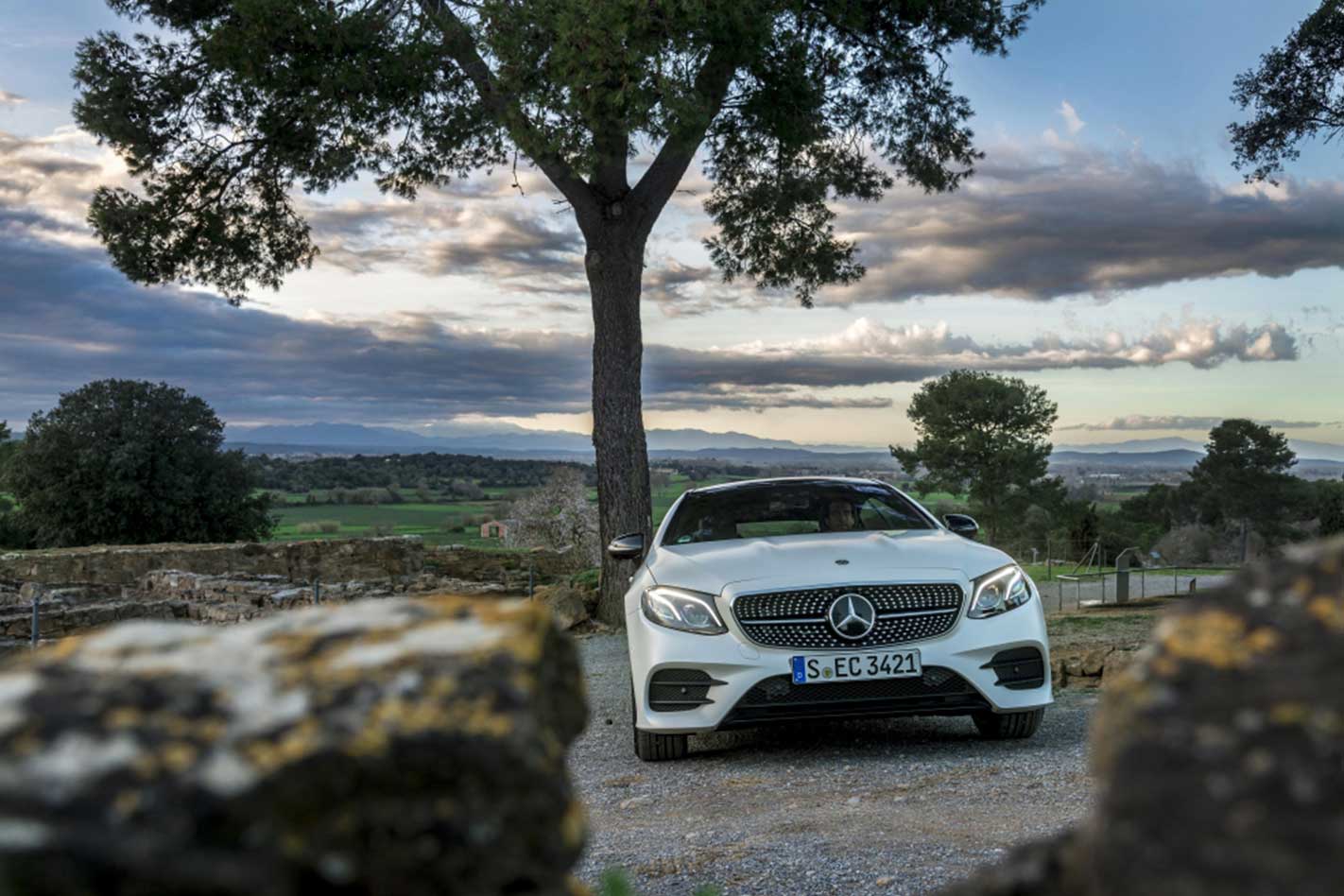
5. Despite being bigger than the old model, the E-Class Coupe is smaller than the sedan it’s based on. The wheelbase (distance between the front and rear wheels) is 66mm shorter and, at 4826mm long, it is 97mm shorter than the four-door version.
6. The most affordable E-Class Coupe, the E220d, rides on regular suspension with coil springs. However the E300 and E400 get a system called Air Body Control. As the name suggests, it replaces those coil springs with air chambers (two in each of the front suspension units and three in each of the rears) that can adapt to different driving conditions. The driver can also adjust the suspension between Comfort, Sport and the firmest Sport+ setting.
7. The E-Class Coupe gets a new set of wiper blades called Magic Vision Control. Like the Holden VE Commodore that arrived in 2006, they get dozens of holes in the wiper blade to spray water directly in front of the blade’s motion. The E-Class Coupe has about 60 holes, which provide a seamless spray of water to clean the screen. Whereas regular wiper sprayers spray the water on to the screen before the blades are there, the Magic Vision Control is more accurate in terms of where the water is sprayed.
8. The dash layout of the E-Class Coupe is identical to the sedan, right down to the two 12.3-inch screens that sit alongside each other, one for the customisable instrument cluster, the other for the central infotainment screen.
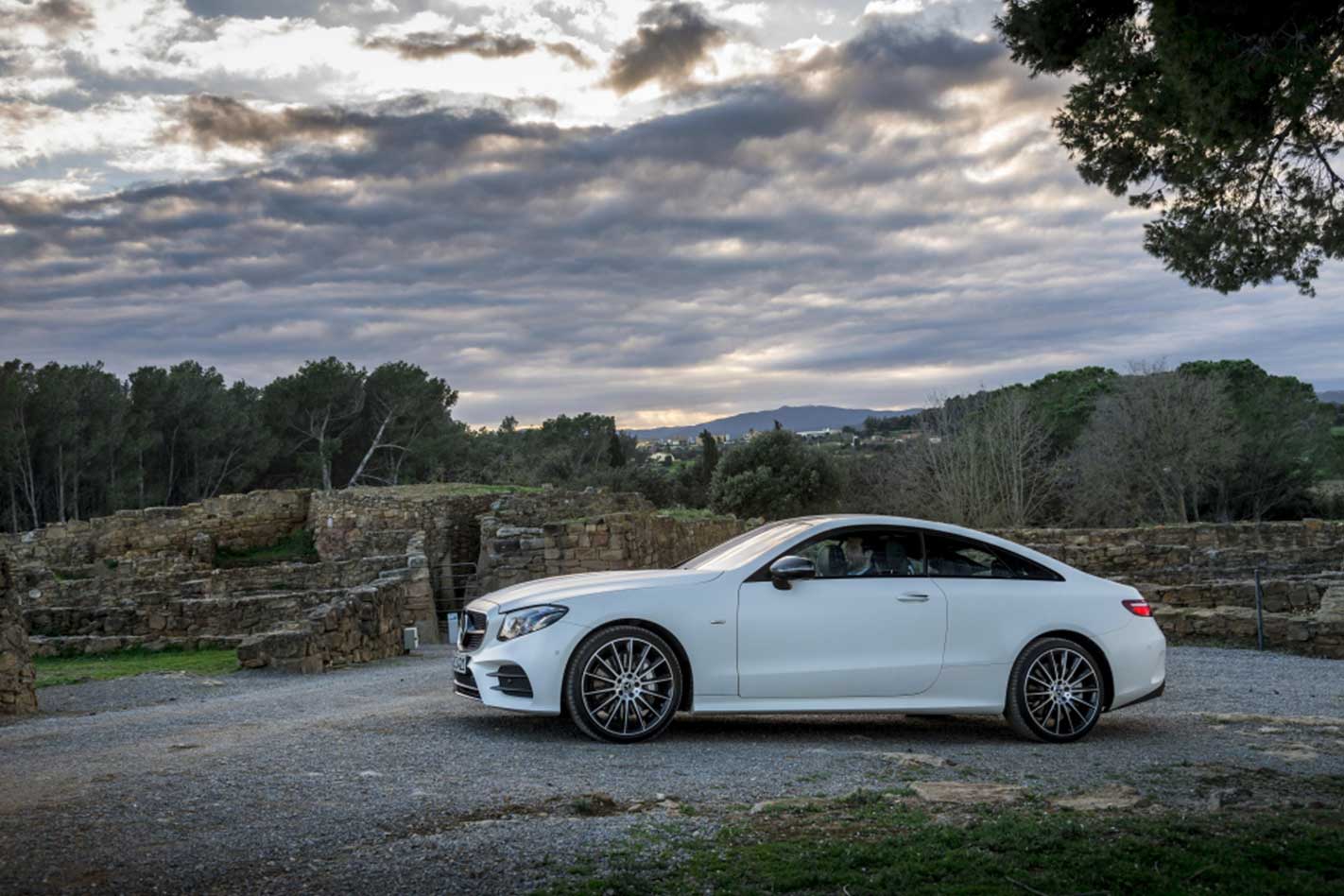
9. In an effort to change the look of the interior between the sedan and the coupe, Mercedes-Benz has changed the design of the circular air vents (four in the centre and a larger one on each outer extremity of the dash) for the E-Class Coupe. The Coupe has turbine-inspired centres for its air vents (rather than vertical slates within the circular outers), which look fantastic in the context of the modern layout with its classic lines and materials. However, while those turbine-like vents have a glossy finish, they have a plasticky feel.
10. The E-Class Coupe has an optional “yacht blue” dash and door trim colour. It’s a distinctive look but with an acquired taste.
11. Mercedes-AMG – the performance arm of Mercedes-Benz – has ruled out a top-shelf E63 AMG version of the E-Class Coupe. So don’t expect to see the 4.0-litre twin-turbo V8 beneath the bonnet of the two-door (those wanting that level of performance will either have to choose the C63 AMG Coupe or the E63 AMG sedan). Instead AMG will prepare a six-cylinder performance model. It will use a turbocharged version of the upcoming inline six-cylinder engine that will slowly spread across new Mercedes-Benzes.
12. The E300 and E400 models come with the new Multibeam LED headlight system. It uses 84 LEDs that can be individually illuminated to block out other road users, meaning the high beams can offer a broader spread more often.
